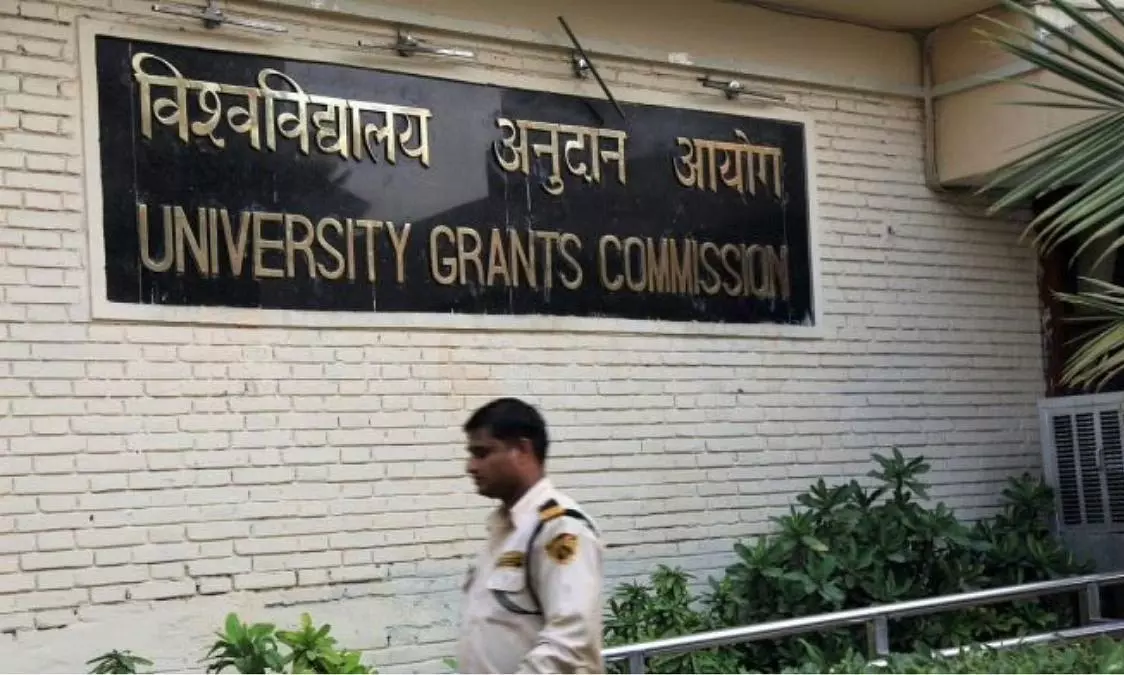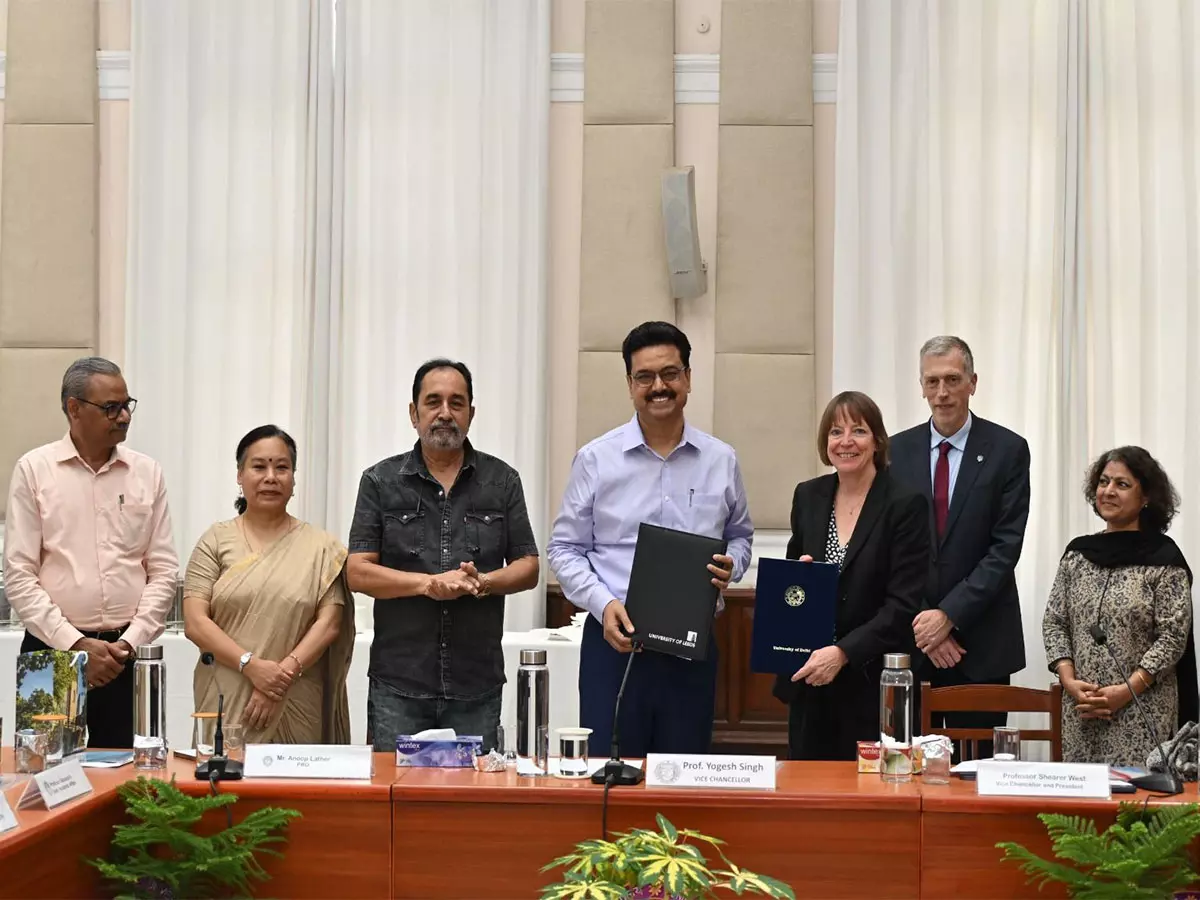
Anti-ragging norms: 4 IITs, 3 IIMs, AMU among 89 on UGC's defaulter list
text_fieldsNew Delhi: Four Indian Institutes of Technology (IITs), three Indian Institutes of Management (IIMs), and several other premier educational institutions, including Aligarh Muslim University (AMU) and Nalanda University, have been listed as defaulters by the University Grants Commission (UGC) for failing to comply with mandatory anti-ragging regulations.
In total, 89 institutions across India have received show-cause notices from the UGC for not submitting the required anti-ragging undertakings from students and compliance reports from the institutions themselves, despite repeated advisories and follow-ups from the UGC and the Anti-Ragging Monitoring Agency.
Seventeen of these are Institutes of National Importance, including top-tier institutions such as IIT Bombay, IIT Kharagpur, IIT Hyderabad, and IIT Palakkad. Among the IIMs, IIM Bombay, IIM Rohtak, and IIM Tiruchirappalli have also been cited. Other prominent defaulters include AIIMS Raebareli, National Institutes of Design (NID) in Delhi, Andhra Pradesh, and Haryana, as well as the National Institute of Pharmaceutical Education and Research (NIPER), Hyderabad; Indian Statistical Institute, Kolkata; Nalanda University; and Indira Gandhi National Open University (IGNOU).
UGC Secretary Manish Joshi stated that despite several advisories, reminder calls from the Anti-Ragging Helpline, and direct interventions by the monitoring agency, the institutions failed to submit the mandatory documentation.
“It has come to the attention of UGC that these institutions have failed to submit the mandatory anti-ragging undertakings by students and compliance undertaking by the institutions, despite multiple advisories issued by the UGC, follow-up calls from the Anti-Ragging Helpline, and direct interventions by the Anti-Ragging Monitoring Agency,” Joshi said.
He further emphasised that adherence to the UGC’s Anti-Ragging Regulations, 2009 is mandatory for all Higher Education Institutions (HEIs), adding that non-compliance not only violates official guidelines but also jeopardises student safety amid growing concerns over campus hostility and ragging-related incidents.
The UGC has warned the defaulters that they could face serious consequences if compliance is not ensured within 30 days. These include withdrawal of UGC grants and funding, restrictions on research project support, de-recognition, or even withdrawal of institutional affiliation.
The Anti-Ragging Regulations, introduced in 2009, require every student, along with their parents or guardians, to submit a signed anti-ragging undertaking at the time of admission and at the beginning of each academic year. Institutions must also submit a consolidated compliance report to the UGC.
With premier institutions now facing scrutiny, the UGC’s latest action signals a renewed focus on strict implementation of anti-ragging protocols to ensure student safety and accountability across campuses.
With PTI inputs






